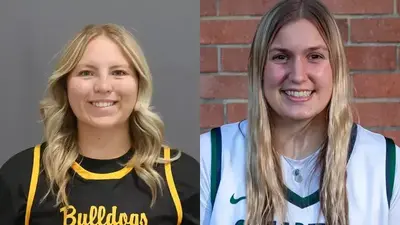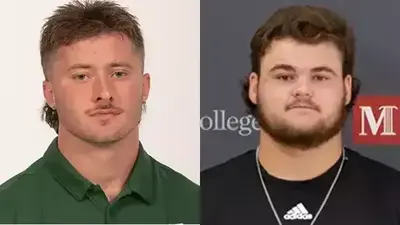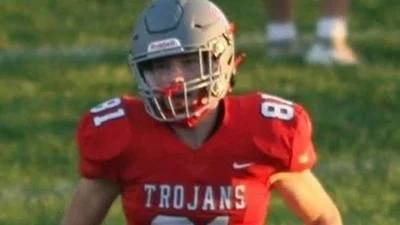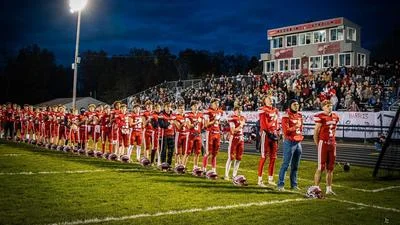Let’s talk fans cheering and booing.
You buy your ticket. In some cases, you pay a lot for that seat. Your team takes the field. You cheer. Nearly all of the hometown fans cheer and drown out opposing fans’ boos. Often, you can see your team get energy from the support. Then your favorite player is announced, and the cheers ring out again. You want him or her to succeed, and you want to show your appreciation for all he or she has done.
Make no mistake. The players hear your cheers, and they respond to them. They love the support. But what if you see them loaf on the field, make errors on easy plays or fail repeatedly in clutch situations? They accept your cheers, but now you want to let them know they have let you down. Is it OK to boo? Are you being ungrateful if you boo, while you are being grateful if you cheer? Booing is just as much a fabric of being a sports fan as is cheering.
The first organized cheer, as in cheerleading, is thought of as taking place at Ivy League college sporting events in the 1860s. The first known “cheer” in America is considered to have been shouted from the crowd at Princeton University in 1884 and went “Ray, Ray, Ray. Tiger, Tiger, Tiger.” But booing has been around since at least ancient Grecian times dating back to the annual Festival of Dionysia in Athens.
Booing in sports knows no bounds. In 1968, fans of the Philadelphia Eagles of the National Football League booed and threw snowballs at a man dressed as Santa Claus in what became known as the Philadelphia Eagles Santa Claus incident.
Brazilian motor racing driver Emerson Fittipaldi was booed when he, after winning the 1993 Indianapolis 500, chose to drink orange juice instead of the milk traditionally drunk by winners of the race. Fittipaldi had made the move to promote the Brazilian citrus industry.
But what of booing hometown players? In hockey, if a goalie makes great saves, he is cheered. If he allows a few “soft” goals, he is booed, and then if he makes an easy save after giving up a few goals, he is derisively cheered.
Hometown players don’t like hearing boos, but these are adults, making a lot of money in a visible occupation. Get over it … don’t you think? If these big professional athletes can’t handle being booed, they might be in the wrong business.
Hall of Famer Derek Jeter, the “Face of the Yankees” at the time, was slumping in 2004, and when his average dipped to .197 after an 0-for-4 game, he was booed by local fans. Jeter said, “We played poorly and would have booed ourselves tonight, too. It’s hard to imagine being worse than we were tonight. Put me at the front of that list.” He accepted the jeers and took responsibility.
Recently, a story circulated that Yankee players were upset that they were “brutally” booed by their hometown fans as they were beaten in the ALCS by the Houston Astros.
The New York Yankees won 99 games this year and withstood a poor stretch and challenges from the Toronto Blue Jays and Tampa Bay Rays to make the playoffs. They then got past the Cleveland Guardians to earn a spot against the Houston Astros in the ALCS. By most observation, the Yankees played poorly against Houston and were swept. It’s not that they weren’t trying, but their performance was dreadful. Out came the boo birds, and those who played the worst heard it the most.
Josh Donaldson, who had a below-expected season, was only 4-for-16 against Cleveland and 2-14 after Game One. He then went 1-for-14 against Houston and he struck out 16 times in the two series. He heard it loud and clear from the fans. But the big story was the fans’ turning on Golden Child, and the Face of the Franchise, Aaron Judge. Judge captivated the fan base and carried the team on his shoulders for months as arguably the only player on the team that delivered all season long. Judge had a historic season in which he set a team and American League record for home runs with 62, led the league with 131 RBIs and an OPS of 1.111. He hit a career-high .311 and often heard chants of “MVP. MVP (Most Valuable Player)” from his cheering fans. But the cheers turns to jeers as he failed to come through in the playoffs, hitting only .200 vs. Cleveland, and then went only 1-for-16 vs. Houston. For the playoffs, he was 5-for-36, a .138 batting average with 15 strikeouts. He is a big boy … he heard the cheers, then heard the jeers. To his credit, he accepted responsibility.
So, you bought your ticket and cheer your team. Is it also OK to boo them? And if you do, should the players accept it and just play? Or should a fan be 100% a cheering puppet all the time?
What do you think? Do you ever cheer your team one moment but let them hear it when they fail? Let me know how you feel at mike.blake@mountvernonnews.com.







